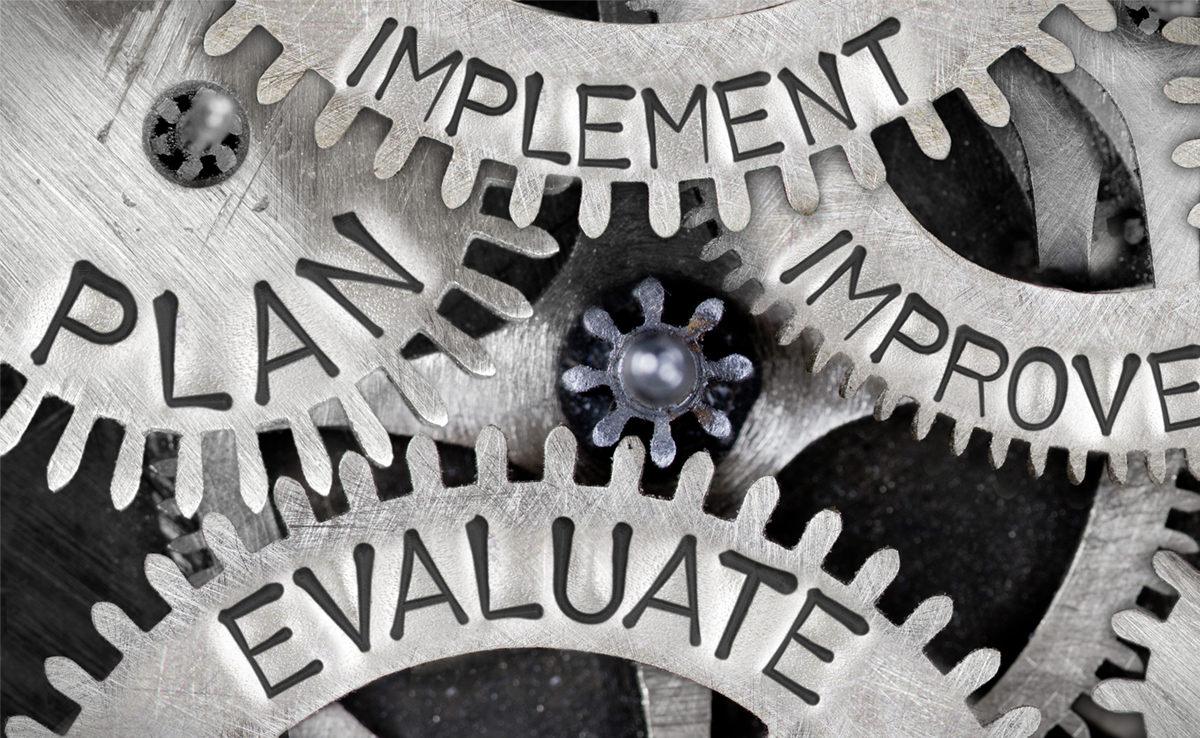Services
.
01
Economic Planning and Management
Effective economic planning at national or regional level must be increasingly mindful of evolving global value chains and the changing components of competitive advantage. GDSI can help you prepare national, regional or sectoral development programmes based on sound analysis of local competitive advantage and deep understanding of emerging global opportunity. At a micro level, we can help you to design cutting-edge industrial zones, special zones and other once-off infrastructural developments that will provide an economic return for decades to come.

02
Private Sector Development
Emerging economies are continuing to grow rapidly. SMEs stand to play a significant role in this growth. However, serious challenges remain for businesses in emerging markets, including access to finance, lack of expertise, lack of networks, and cross border barriers to trade. The World Bank estimates a US$2.2 trillion financing gap in unmet demand from SMEs in emerging markets, and increasingly, governments in emerging economies – such as Pakistan and Georgia – are beginning to prioritise SME development under national growth strategies.


03
Poverty & Social Development
Goal #1 of the UN Sustainable Development Goals is the alleviation of poverty. Although extreme poverty continues to fall, more than half the world’s population still live on less than US$5.50 a day (World Bank, 2018). Even while growth in developing economies accelerates, inequality within these societies continues to increase.


04
Agriculture and Rural Development
The world’s rapidly expanding population, coupled with accelerated climate change, has sharpened focus on food security issues globally. Increasing demand for food, greater urbanisation of the world’s population and technological advances in the way that food is produced all point to a need for policies that promote efficient agri-economic activity while at the same time protecting the productive potential of the environment for future generations. The prosperity of local communities, based on sustainable social and economic models, will be in an increasing challenge in the context of greater intensification of production and urbanisation of populations.


05
Tourism Development
The explosion in tourist numbers in recent decades has challenged the industry to find an appropriate balance between relentlessly advocating for increasing visitor numbers on the one hand, and protecting the long-term sustainability of the business on the other. The challenges of tourism management require deep sensitivity to the fragility of natural, cultural and architectural assets while, at the same time, maximising the economic returns that can be generated for the local communities that serve as the guardian of these assets. Tourism management is also about finding innovative and interesting ways to create attractive tourism products where none previously existed.


06
Governance and Public Finance
Over half the world’s population expresses distrust in government institutions. Citizens, communities and businesses are demanding more efficiency, accountability, and higher quality services from governments. At the same time, geopolitical and environmental concerns are challenging governments to work together in ways that have never been contemplated previously. Worldwide, there are increasing calls for public finances to be managed in a way that is open, accountable, inclusive and efficient.


07
Education, Vocational Training and e-Learning
Sustainable Development Goal #4 considers inclusive access to quality education as the basis for improving our lives as individuals and for promoting wider socio-economic development. Education systems need to be accessible, robust, inclusive, and capable of continually upgrading the skills of the workforce so that it has the knowledge and competences to adapt to evolving labour market conditions.


08
Labour Market Planning and Management
The Sustainable Development Goals aim to achieve sustained economic growth, higher levels of productivity and technological innovation. Encouraging entrepreneurship and job creation are key to this, as are effective measures to eradicate forced labour, slavery and human trafficking. However, transformative new structural challenges such as automation, supply chain complexities and increased market segmentation require greater sophistication in managing labour market interventions.


09
Law, Justice and Human Rights
Peace, justice and strong institutions of the state are cornerstones for the protection of safe, prosperous and inclusive societies. Rule of law, access to justice and human rights protections are increasingly important ingredients in fostering more equitable and inclusive development, especially amongst vulnerable populations. With armed conflicts on the rise globally, the treatment of refugees and the management of migration flows is the focus of increasing attention.


10
Programme Evaluation
Incremental improvements in the effectiveness of aid programmes can only occur after careful reflection about the factors that affect the success or failure of development interventions. This requires robust evaluation based on carefully collected data and sound methodologies for its analysis. GDSI’s evaluation work documents the expected and achieved accomplishments of the programme, critically examining the presumed causal chains, processes, and attainment of results, as well as the contextual factors that may enhance or impede the achievement of results.



